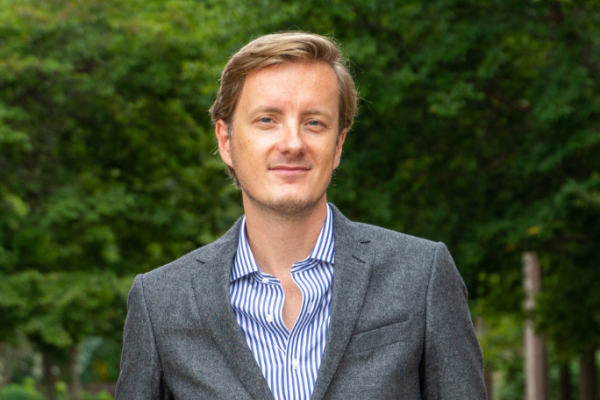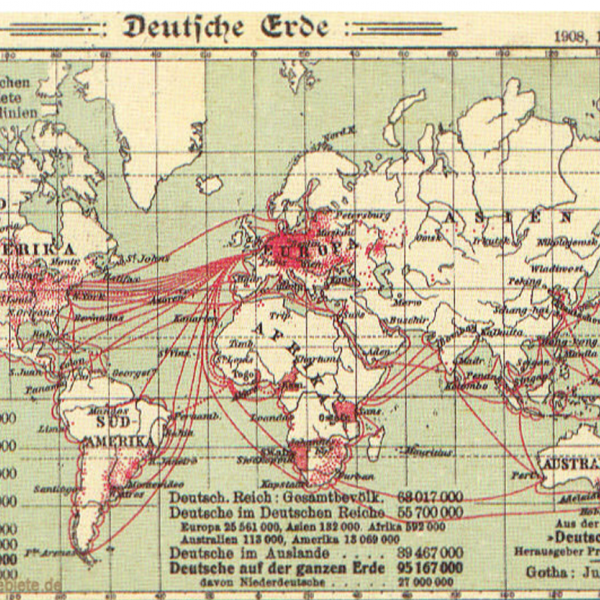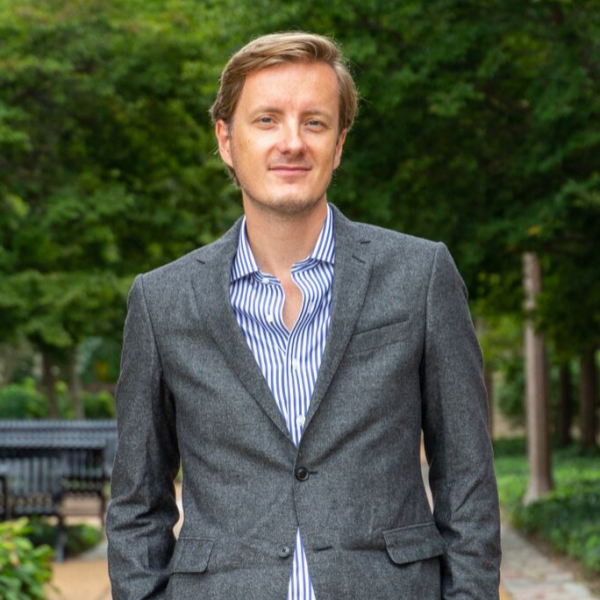André Fischer’s research focuses on 20th-century German literature, film, theater, and intellectual history.
Fischer’s scholarship is located at the intersection of aesthetics and politics, where he investigates practices of modern mythmaking, its aesthetics and political theologies, as well as associated concepts and strategies of resistance. In his monograph The Aesthetics of Mythmaking in German Postwar Culture (Northwestern University Press, 2024), he explores significant turns towards myth in German postwar literature, film, and conceptual art. He is currently working on a project on forms of aesthetic and political resistance in European modernism, as well as on Black Atlantic religious aesthetics. In 2022/23, Fischer was a BECHS-Africa fellow at the Institute of African Studies in Accra, Ghana. He has edited a special issue of Colloquia Germanica (55.3-4, 2023) on “Hubert Fichte and the Poetics of Syncretism” and published articles on Bertolt Brecht, Werner Herzog, Hans Henny Jahnn, Alexander Kluge, and Peter Weiss.
Besides teaching all levels of German language, Fischer offers courses on German and comparative literature, film, and theater, for example “Myth and Modernism” or “Queer German Cinema.” He received his PhD in German Studies from Stanford University and has taught at Auburn University, before joining the faculty at Wash U.




